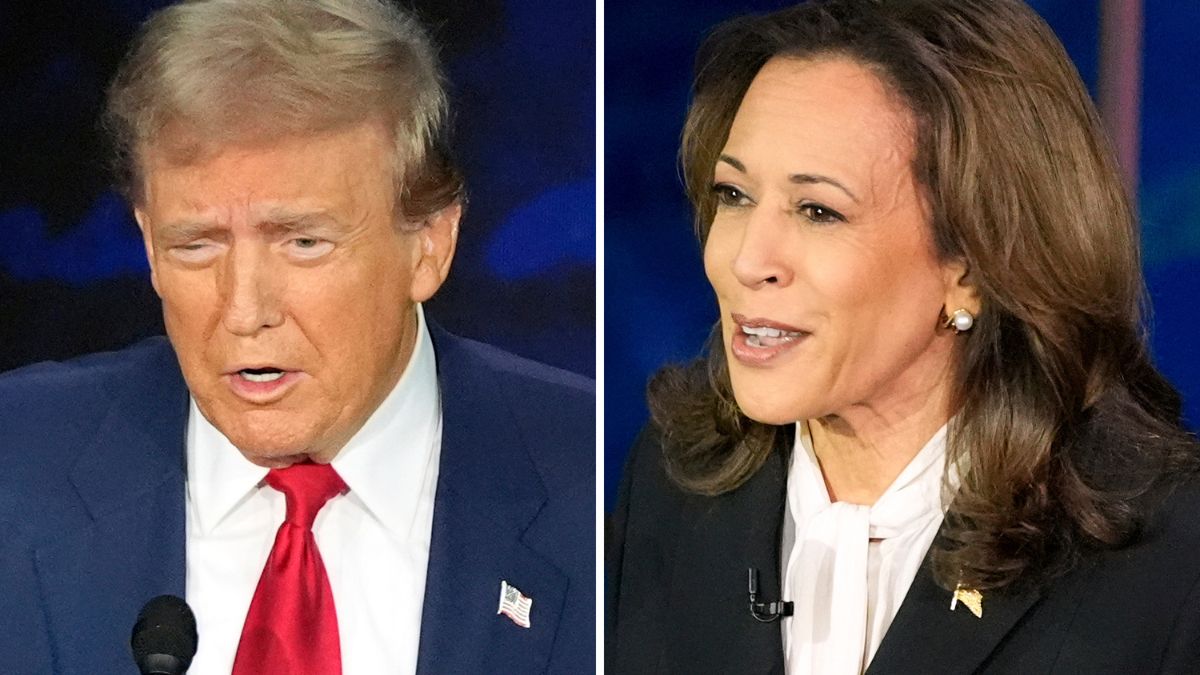Earlier this month, the US Justice Department suggested it may break up tech giant Google. In a court filing, they indicated that Alphabet-owned Google might be forced to sell parts of its internet business empire. This is one of many remedies the Justice Department is considering after Google was convicted of maintaining an illegal monopoly in August this year, accused of crushing competition in the online search market.
This legal saga of the American tech giant isn’t unique. Over the last three and a half years, US President Joe Biden has targeted many tech giants, including Apple, Amazon, and Meta. The administration has filed cases to block mergers, price manipulation, and end dominance. Biden’s legacy is often compared with that of Theodore Roosevelt, credited for dismantling several monopolies in the early 1900s.
However, the US will elect a new president in November, and as President Biden’s term comes to an end, the question remains: will his successor continue the fight against Big Tech?
Biden’s antitrust legacy
First, let’s understand how President Biden took on Big Tech firms. Some early steps were visible in July 2021, when the president issued an executive order on competition laws, granting more powers to agencies like the Department of Justice and the Federal Trade Commission.
For the tech sector, three key guidelines emerged:
1. Greater scrutiny of mergers and acquisitions, especially when Big Tech firms take over smaller competitors.
2. The Federal Trade Commission (FTC) was asked to set rules examining how these firms collect users’ data.
Impact Shorts
More Shorts3. The FTC was also tasked with investigating whether Big Tech firms used unfair methods to compete with rivals.
Biden’s key appointments
Biden also appointed critics of Big Tech firms to regulatory bodies. He named Tim Wu, a Columbia Law professor known for coining the term “net neutrality,” as Special Assistant for Technology and Competition Policy on the National Economic Council. Another appointment was Jonathan Kanter, head of the Justice Department’s Antitrust Division, who has been involved in major antitrust cases, including against Google’s search engine and mergers like JetBlue and Spirit Airlines.
However, it was Biden’s appointment of Lina Khan as chair of the FTC that caused the most buzz. At 32, she became the youngest head of the FTC. Khan has long been associated with the movement against Big Tech. Her 2017 paper on Amazon’s anticompetitive practices, “Amazon’s Antitrust Paradox,” propelled her into the spotlight, highlighting how the e-commerce giant created dominance across multiple industries, from e-commerce to cloud hosting.
Biden’s crackdown on antitrust practices
In 2021, the FTC filed a lawsuit against Meta to block its acquisition of a virtual reality fitness app developer, Unlimited. The FTC argued the acquisition would stifle innovation in the virtual reality market, but it lost that case.
Still, the Biden administration pressed on. In September 2024, the FTC sued Facebook, alleging the company maintained an illegal monopoly in social networking, citing its acquisitions of Instagram and WhatsApp. The FTC also filed a complaint to block Microsoft’s proposed acquisition of Activision Blizzard, known for games like Call of Duty and World of Warcraft, arguing the deal could harm competition in the gaming market.
In 2023, the FTC launched a major antitrust campaign against Amazon. First, it filed a case against Amazon’s Prime subscription practices, alleging that millions of consumers were unknowingly enrolled in Amazon Prime. Later, the competition regulator accused Amazon of monopolistic practices in e-commerce, including predatory pricing and restrictive policies for sellers, seeking to restructure parts of Amazon’s business.
In 2023, the Justice Department, alongside a coalition of states, filed a lawsuit against Google over its digital advertising practices, alleging that Google monopolised digital advertising technology. This was in addition to a 2020 lawsuit accusing Google of monopolising the search engine market.
In March 2024, the Justice Department sued Apple, accusing it of monopolistic control over its App Store, particularly its restrictive policies for app developers.
Presidential candidates’ stance on big tech
But what happens after Biden leaves the White House next year? Either Kamala Harris or Donald Trump will take over. Let’s examine where each candidate stands on Big Tech.
Donald Trump and the Republican Party are generally viewed as business-friendly, traditionally favouring less regulation. However, Trump’s relationship with Big Tech has been contentious, often accusing firms of political bias. Recently, Trump commented on the Google search engine case, stating that Google “has a lot of power,” but he did not clarify whether he would support breaking up the company.
On the other hand, Kamala Harris has longstanding ties to Silicon Valley, dating back to her tenure as California’s Attorney General. Silicon Valley has been a key source of political support and donations for Harris throughout her career. However, as Vice President, she supported the regulatory crackdowns on Big Tech monopolies under the Biden administration.
The first litmus test for the incoming president will likely be appointing a new head of the FTC. Lina Khan’s term expired in September, and she remains in the role awaiting a new appointment. This decision could signal the new president’s stance on competition policy for the next four years. Experts widely believe Trump would replace Khan, appointed by Biden. As for Harris, her donors, including billionaires like Expedia’s Barry Diller and LinkedIn co-founder Reid Hoffman, hope she would also replace Khan.
But the challenges Big Tech faces are far from over, with antitrust cases emerging worldwide. The European Union has led the charge with its Digital Markets Act, imposing hefty fines on tech giants for stifling competition. The EU has already fined Google, Apple, and Amazon for market abuses. So, regardless of who takes power in the U.S., Big Tech firms still face significant challenges.
One thing is clear: these tech giants can no longer escape scrutiny. The question is, will the next US president lead the way?
)